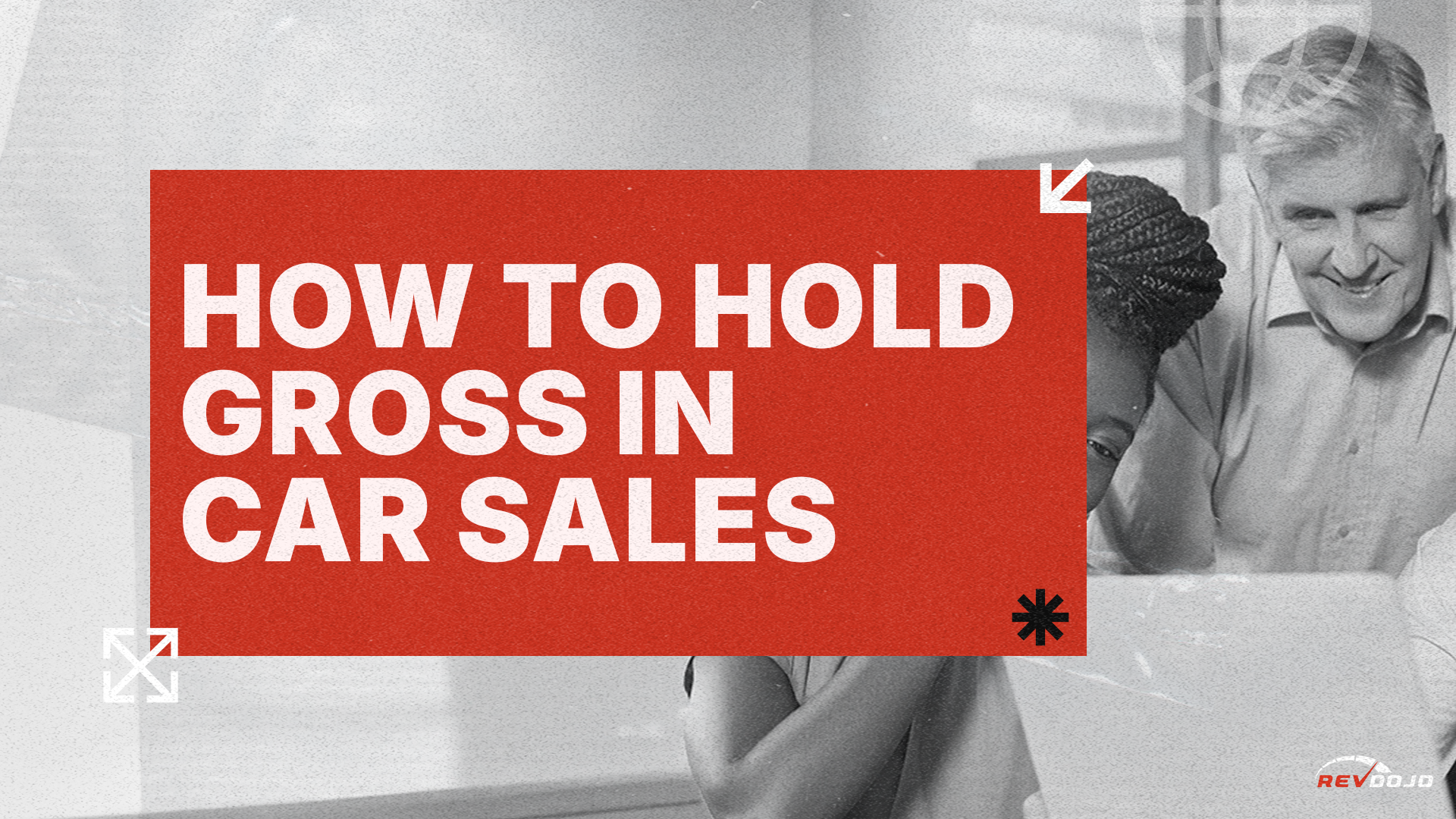Published 25 Sep 2023
Don't Make This Mistake in Car Sales | Dealerships and Credit Score
VOTD
Video of the day
car sales training
sell more cars
Automotive Sales Training
Dealership Training
How to sell more cars
How to sell cars at a dealership
car salesman
car sales tips
how to sell cars
selling cars
sales training
car sales tricks
sell 30+ cars a month
In the world of car sales, one common mistake that potential buyers often make is underestimating the significance of their credit score. Purchasing a car is a substantial financial commitment, and understanding how your credit score influences the process can save you money and headaches down the road. In this article, we will delve into the crucial relationship between dealerships and credit scores, shedding light on the potential pitfalls and offering guidance on how to navigate them successfully.
The Importance of Your Credit Score
H1: What is a Credit Score?
Your credit score is a three-digit number that reflects your creditworthiness. It's essentially a numerical representation of your financial history, including your payment history, outstanding debts, credit utilization, and more. Lenders use this score to assess the risk of lending you money.
H2: Why Does Your Credit Score Matter in Car Sales?
When you decide to buy a car, whether new or used, most people need financing. Dealerships work with various lenders, and the terms of your loan, including interest rates and down payments, greatly depend on your credit score. A higher score typically leads to more favorable loan terms, while a lower score can result in higher interest rates and larger down payments.
Dealerships and Credit Scores
H1: How Dealerships Assess Your Credit Score
Dealerships often partner with multiple banks and credit unions to provide financing options for their customers. When you express interest in purchasing a vehicle, the dealership will run a credit check to determine your creditworthiness. This process helps them match you with a lender that suits your financial profile.
H2: The Impact of a Low Credit Score
If you have a low credit score, it can significantly affect your ability to secure favorable financing. Dealerships may still offer you a loan, but it could come with a high interest rate. This means you'll end up paying more for your car over time, potentially thousands of dollars extra.
H3: How to Improve Your Chances
To increase your chances of getting a better financing deal, consider the following steps:
-
Check Your Credit Report: Before heading to the dealership, request a copy of your credit report and review it for any errors. Correcting inaccuracies can boost your score.
-
Pay Off Outstanding Debts: Reducing your existing debts can improve your credit utilization ratio, which is a key factor in your score.
-
Shop Around for Financing: Don't settle for the first financing offer you receive. Compare rates and terms from different lenders to find the best deal.
-
Save for a Larger Down Payment: A larger down payment can offset a lower credit score, making you a more attractive borrower.
Conclusion
In the world of car sales, your credit score plays a pivotal role. Don't make the mistake of underestimating its importance. Understanding how dealerships assess your creditworthiness and taking steps to improve your credit score can save you money and make your car-buying experience smoother.
FAQs
1. Can I buy a car with bad credit?
Yes, you can still buy a car with bad credit, but you may face higher interest rates and larger down payment requirements.
2. How often should I check my credit score?
It's a good practice to check your credit score at least once a year to ensure accuracy and monitor your financial progress.
3. Can I negotiate interest rates with the dealership?
Yes, you can often negotiate interest rates with the dealership. Shopping around and having pre-approved financing offers can give you leverage.
4. Does my credit score affect my insurance rates?
Yes, your credit score can impact your insurance rates. Insurers often use it as a factor in determining premiums.
5. How long does it take to improve my credit score?
Improving your credit score can take time, but responsible financial habits can lead to gradual improvements within several months to a year.
All blog posts

Car Sales Objections CRUSHED: 10 Word Tracks That Actually Work

How to Hold Gross in Car Sales – 5 Tactics That Still Work in 2025

Making Car Sales Training Easy and Fun with Videos

Automotive AI Can’t Replace Good Salespeople

10 Most Popular Cars Sold in 2024 and Why America Loves Them

Understanding Dealer Fees Per State

6 Ways to Fix Your Average Internet Close Rate

Happier Customers, More Sales with Dealership Training

Killer Automotive Marketing Solutions for Dealerships

Role-Playing as a Tool for Car Sales Training
RevDojo is the all-in-one solution for automotive businesses looking to thrive in today's competitive market.
© 2024 Revdojo. All rights reserved.